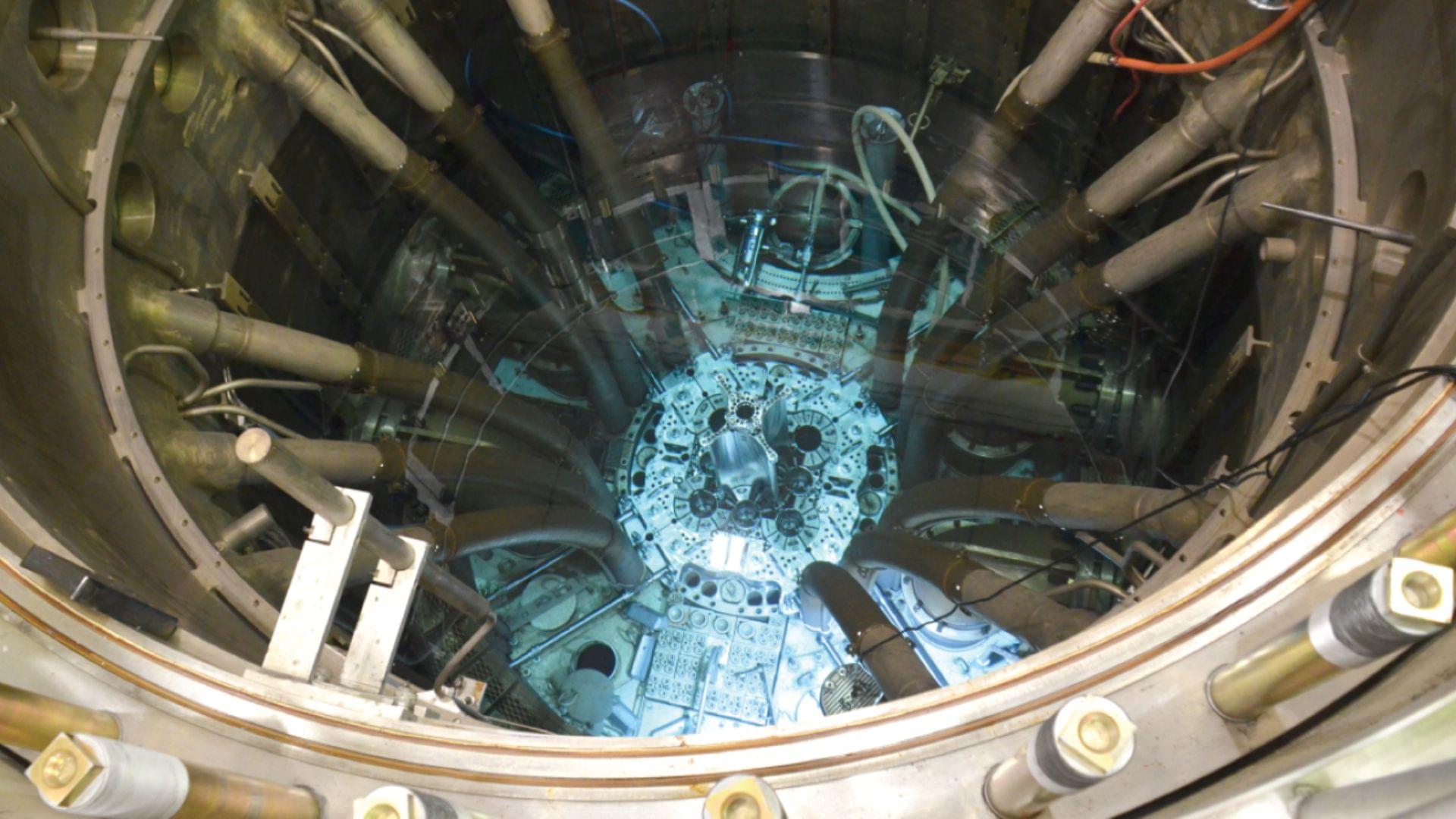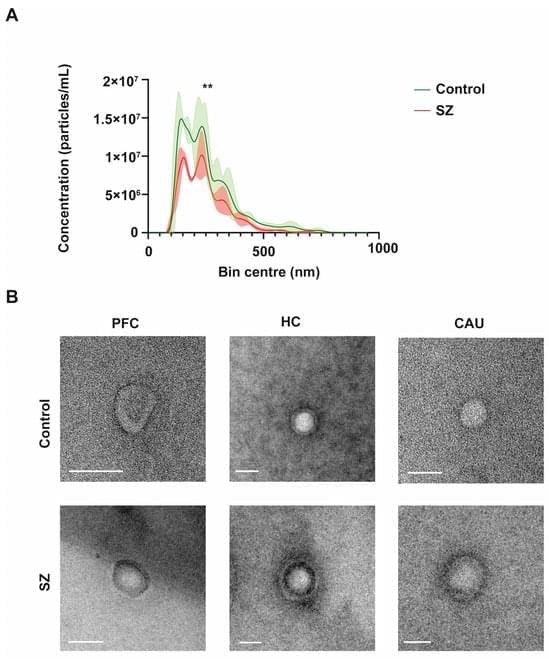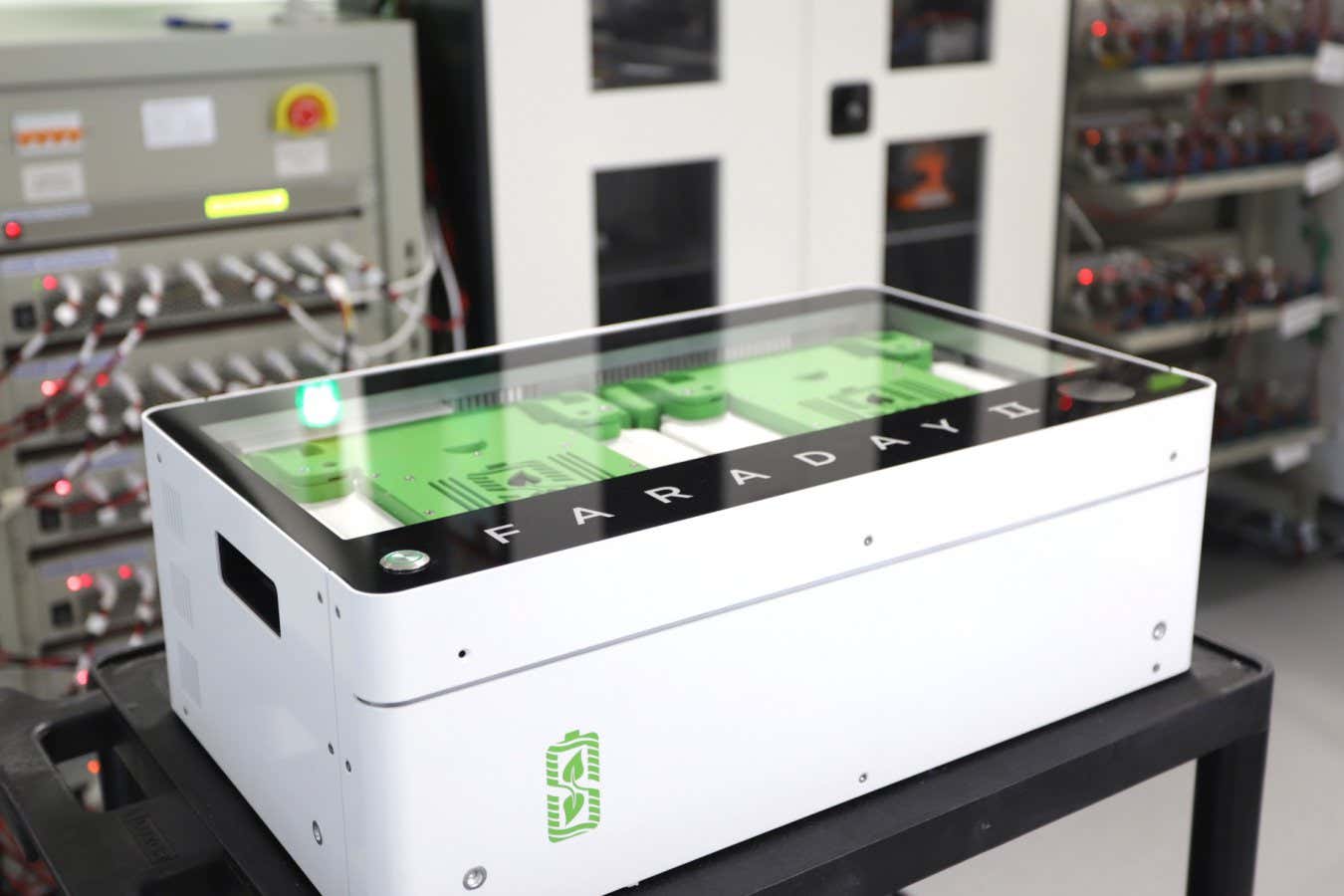Humans beat generative AI models made by Google and OpenAI at a top international mathematics competition, despite the programs reaching gold-level scores for the first time.
Neither model scored full marks—unlike five young people at the International Mathematical Olympiad (IMO), a prestigious annual competition where participants must be under 20 years old.
Google said Monday that an advanced version of its Gemini chatbot had solved five out of the six math problems set at the IMO, held in Australia’s Queensland this month.





